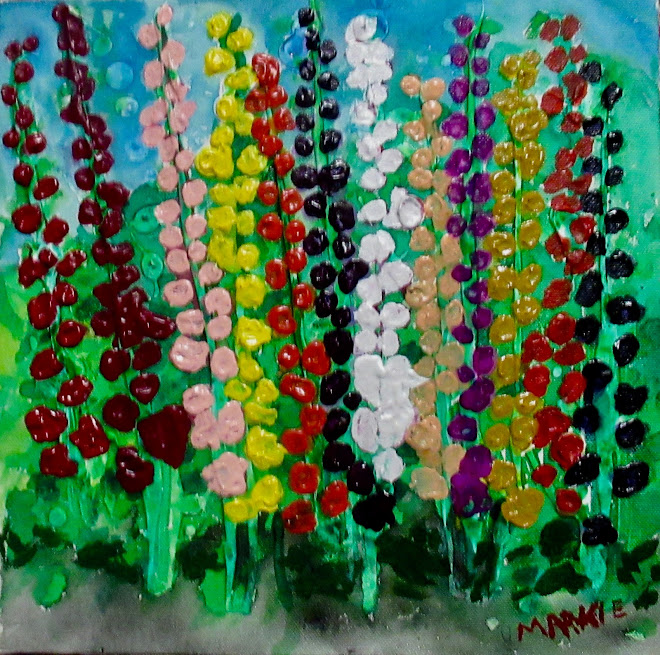I am doing the A-Z challenge; today’s letter is Q for quinoa.
Quinoa
I looked up the definition of quinoa, (pronounced keen-wah) before starting this post, and found the following: “a goosefoot widely cultivated in the Andes where it was known for its edible starchy seeds before the introduction of Old World grains.” The key phrase for me was “before the introduction of Old World grains.” So much has changed in the world, in the past one hundred years, that has brought on the demise of food as we once knew it.
Back when farming was the mainstay of civilization, before the big corporations got into the act, food was much simpler and infinitely more healthy, not to mention tasty. Most of what people ate, came directly from the fields, and was prepared for the table by people who did not have the means nor the desire to buy food at the store in town. As people began to live in communities, banding together for an infinite number of reasons, food production became less feasible, and companies became more involved in the industry of providing food for for the masses. In order to accomplish this, preservatives were added to the food, and thus one of the biggest problems began to surface.
Food was no longer the simple, healthy substance it once was, when it went from field to table. I watched a ten-minute film on U-Tube the other day, in which a number of modern substances, all hideously damaging to anyone who consumes them, were discussed. All of these substances have been approved by the FDA, and all of them were designed with the idea of mass-producing food and drink for human-consumption. And all are designed with the thought of increasing revenue for corporate America, and all are as toxic as anything could be.
Some are well-known, such as MSG or food dyes, but some are still lingering in the background, as people attempt to adjust their diets to food which has secondary purposes to that of healthy existence. Take aspartame, for instance. Please take it, as far away as possible. Don’t even ask what it is made from; it will make you gag. The purpose of aspartame is to replace sugar in diet foods and beverages, so as to reduce the chance of gaining weight. Instead, a person who ingests aspartame, takes in a toxic substance, that has horrible long-term effects, and makes up much of the reason for the plethora of different cancers, which are always viewed as evil.
Cancer is evil, but it frequently results form the chemicals that are contained in the food we eat, and the beverages we drink. How can these substances be approved by the FDA? Isn’t the FDA supposed to be on our side? I think yes, but the reality is, the FDA is also on the side of big business, and forward progress. Just as the Old World grains, took over the role that quinoa used to have, aspartame has taken over the role-for many-that sugar used to have.
Even white, processed sugar has been proven to have a detrimental role in an infinite number of situations, dealing with the way our bodies assimilate this substance. Processing anything, takes away any of the original goodness that was available to our bodies’ metabolism. Ultimately, what is the answer? The answer is to go backwards in time, to a place and an era, when food was produced without additives, and grown without pesticides, so that we can better ensure that what we put in our bodies is healthy and will not result in the growth of the cancerous cells, that all of us possess.
Is it easy? Is it cheap? No to both questions, because eating organically is not as easy to do as eating what is available in huge quantities. You pay to play. Food grown organically takes more care and time, and therefore cannot be produced in the same quantity as the huge conglomerates can produce it, and therefore costs more. But in the long run, organically grown food is not only better tasting, it is better for you.
What about quinoa? Now quinoa is making a resurgence in the world, available at all whole foods stores, and even in many mainstreamed grocery store chains. It is a substance that many people are preferring over other foods, such as white rice, or conventional pastas, both of which are processed so as to better be able to be manufactured in huge quantities. Quinoa is tasty and it is becoming more recognized as a replacement for Old World grains. Kind of ironic: What goes around comes around.















To my knowledge, I have never had quinoa - though I have heard of it. I do agree that eating processed foods is not healthy - there are so many chemicals that could result in damage to one's health. Yes, I live in an area that is rich in agriculture and we have strong access to organic foods. it is expensive but not so bad if you stick to what is in season (really the best way to go anyway). A summer garden is a necessity (though I don't make it a priority b/c of time limitations). M puts tomatoes and zucchini and peppers in the ground in springtime but that's about it. That's one of the things about eating as simply as we do - we limit those processed things. Some salad, some organic potatoes, and some organic chicken - variation on a theme pretty much most nights - yogurt, grape nuts and organic granola for breakfast, organic peanut butter on ww bread for lunch - voila!
ReplyDeleteWe used to have a much more extensive garden than we are planning for this upcoming summer. With HappyDay Farms, right up the driveway, we are in pretty good shape, fresh-produce wise... I have become much more aware, in the last year, of just how hazardous much of the available, processed food is. HappyDay Farms means happy days!
ReplyDeleteFor dinner tonight, Annie made quinoa fritters, with quinoa, sweet potato, onion, egg and a little dill. Out of this world. She served them with chicken, and I made a little salad to go along with it.
ReplyDelete